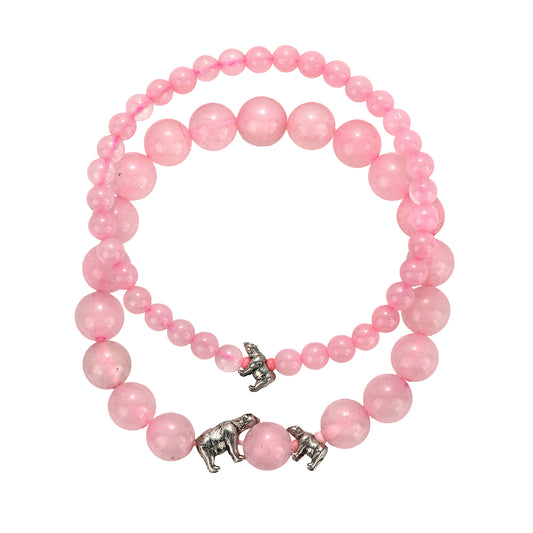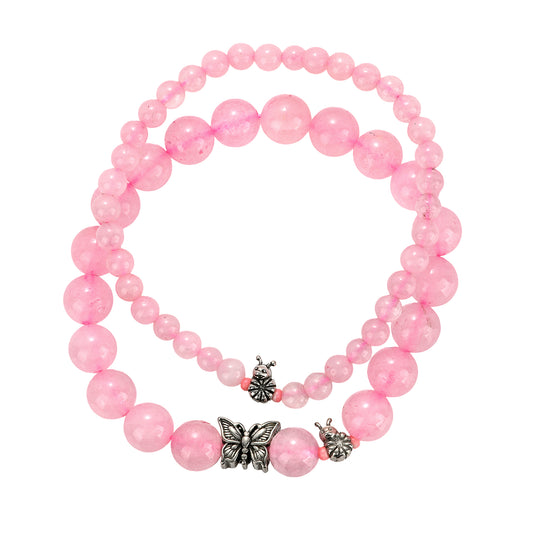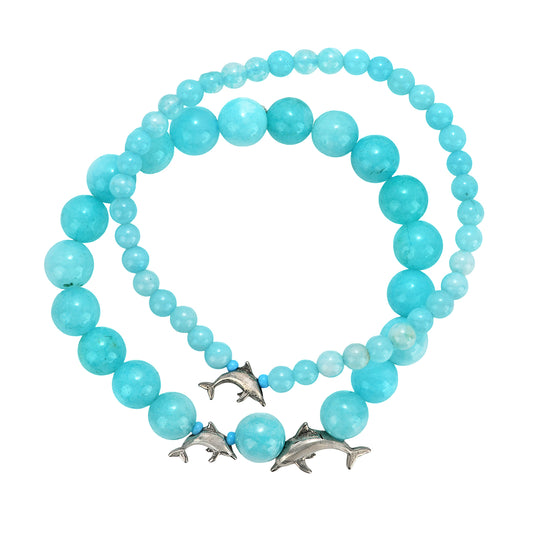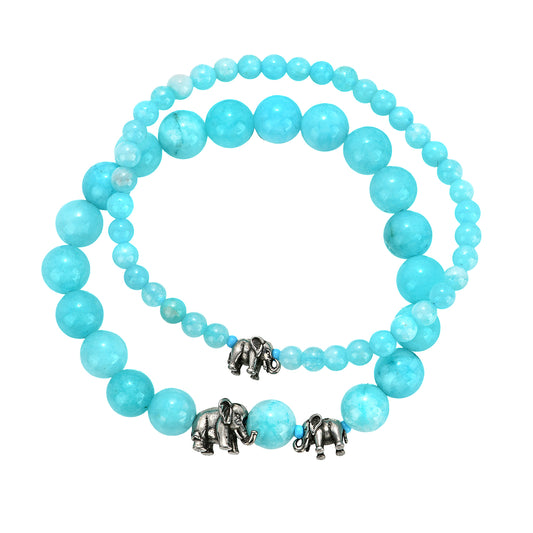
Helping Animals Thrive
Wear One, Share One!
This package contains 2 bracelets
Featured products
-
Black Bear Bracelet
Vendor:ThriveRegular price $18.99 USDRegular priceUnit price / per -
Butterfly Bracelet
Vendor:My StoreRegular price $18.99 USDRegular priceUnit price / per -
Dolphin Bracelet
Vendor:My StoreRegular price $18.99 USDRegular priceUnit price / per -
Elephant Bracelet
Vendor:My StoreRegular price $18.99 USDRegular priceUnit price / per
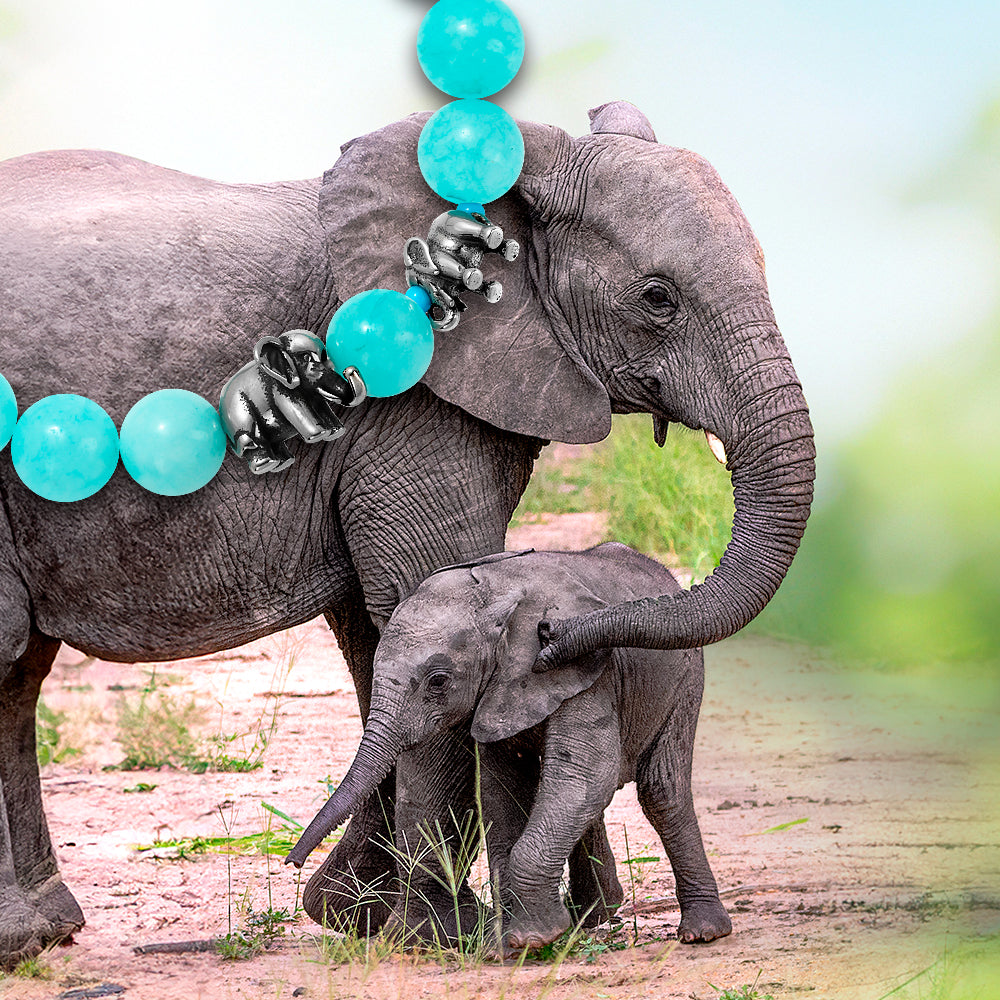
Elephant
Elephant mothers are fiercely protective and nurturing, and they teach their young everything from how to stand and swim to how to find food and protect themselves.
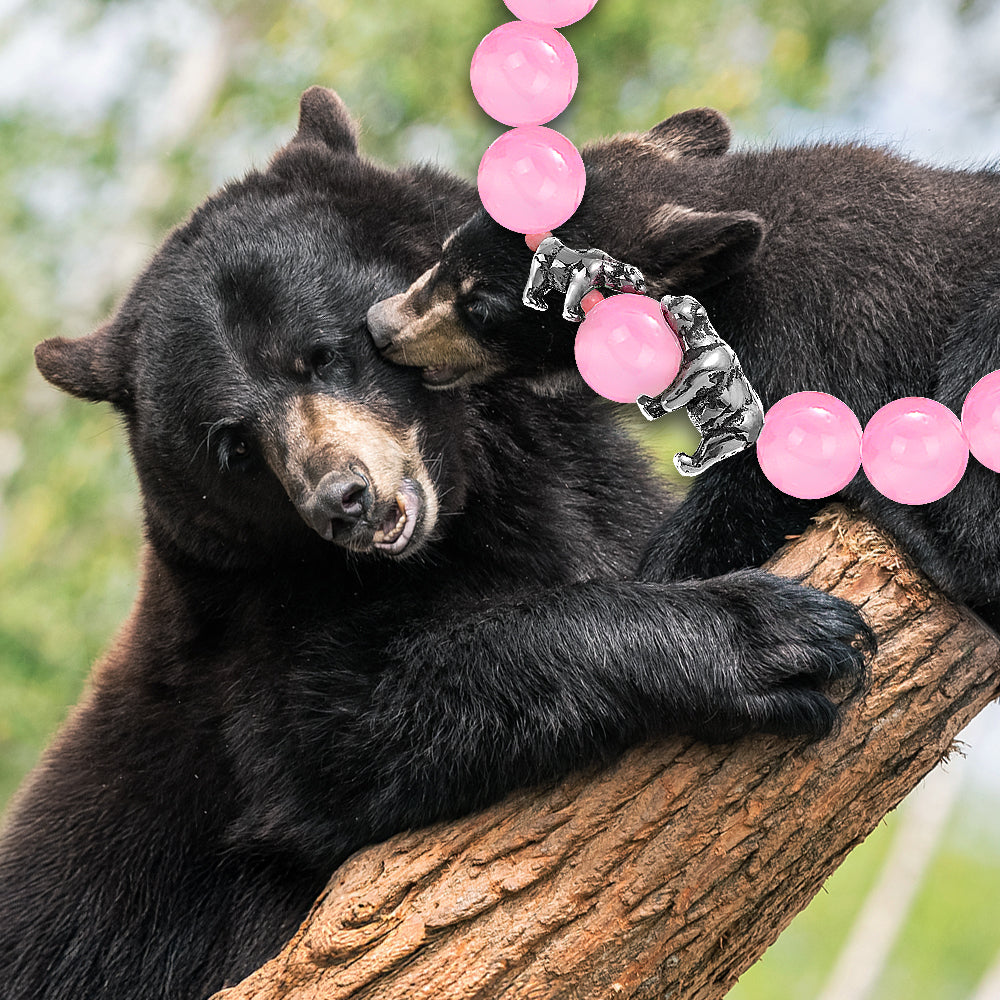
Black Bear
Black bears are smaller than brown bears, often called grizzlies. Black bear cubs weigh less than one pound at birth. They gain 20 to 30 pounds in three months.
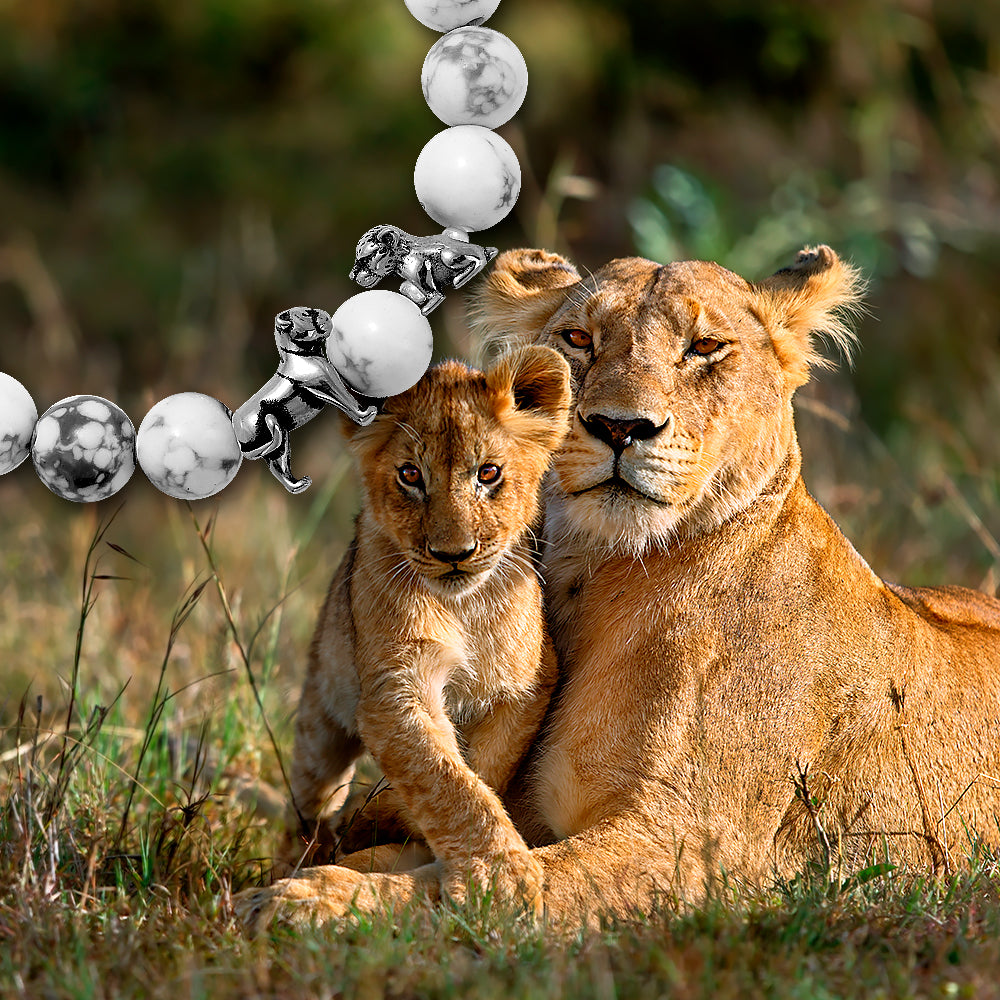
Lion
In the initial days of their lives, lion cubs are utterly dependent on their mother. They are born blind and only begin to open their eyes about a week after birth.

Butterfly
Butterflies undergo a complete metamorphosis, which means their life cycle has four distinct stages: egg, larva, pupa, and adult. Each stage has a different appearance and purpose.
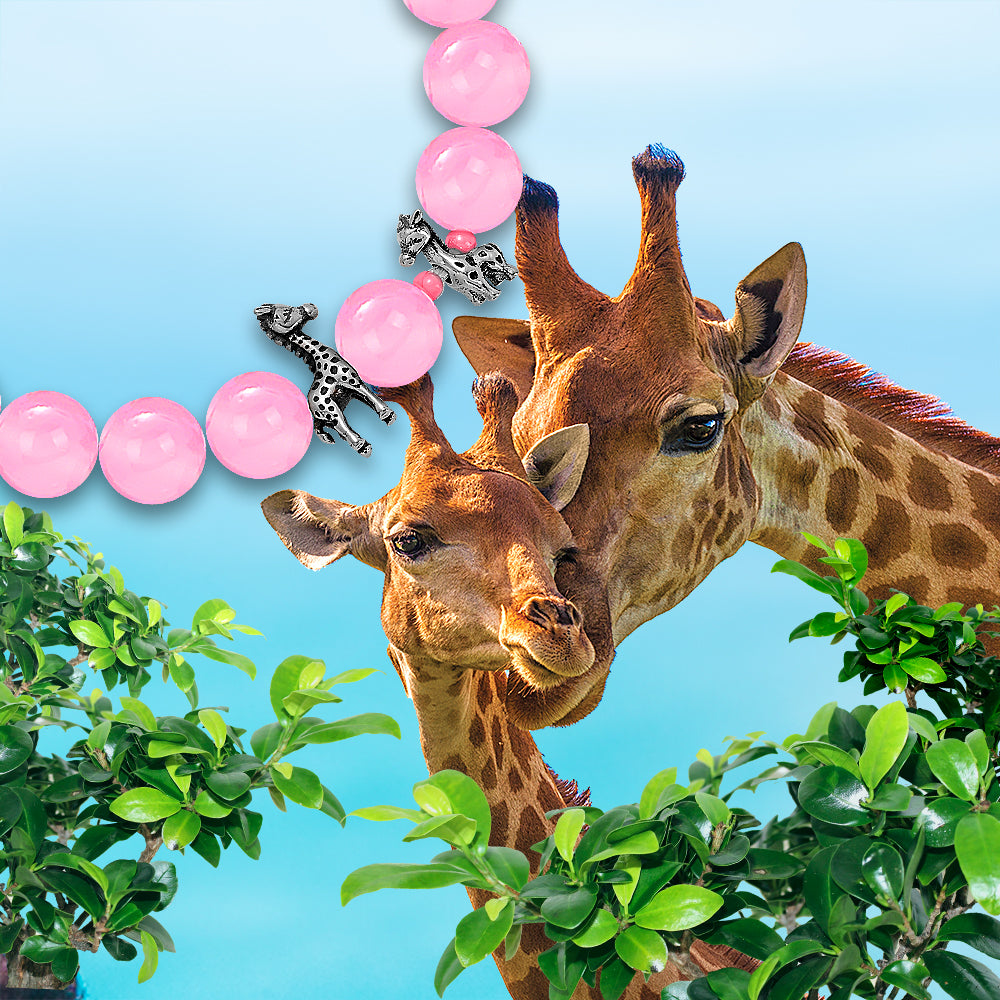
Giraffe
A newborn giraffe will suckle its mother's milk as soon as it can stand up – that's why they need to be so tall at birth. Calves are reliant on their mother's milk for up to 9-12 months.
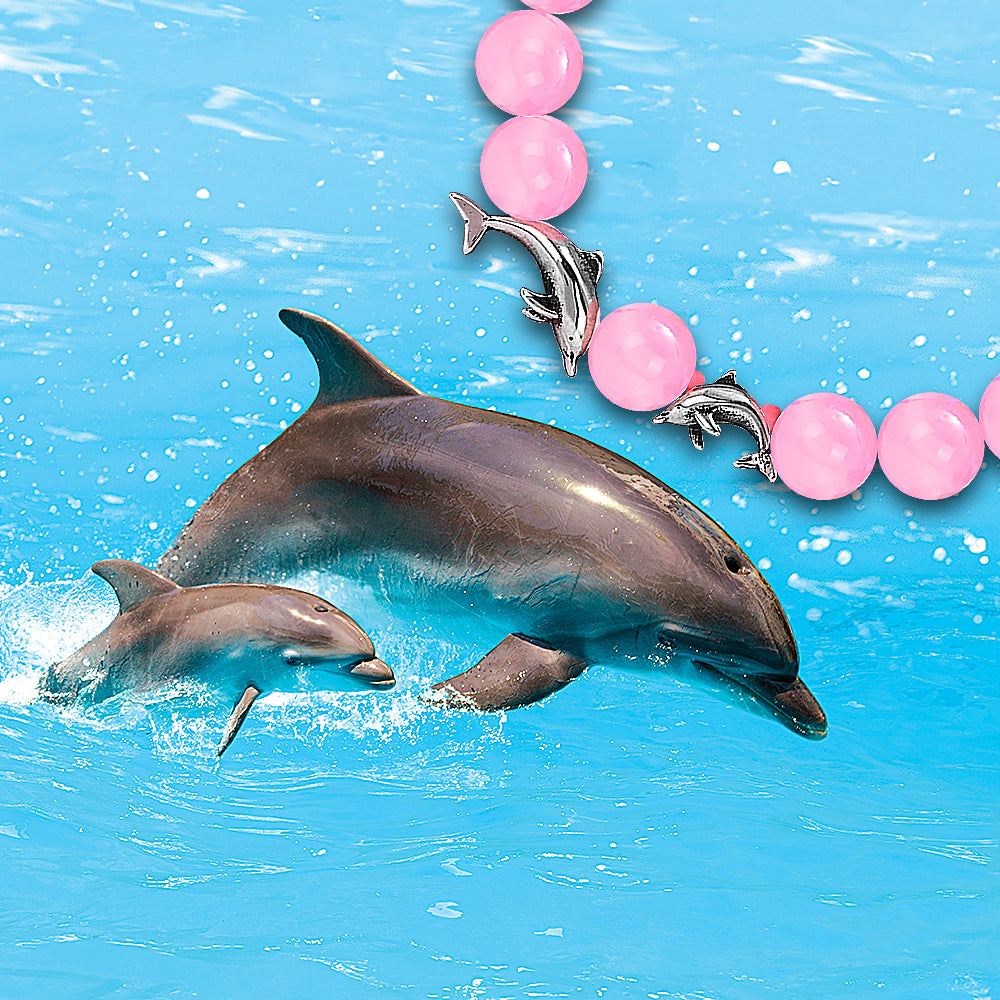
Dolphin
Calves stay with their mothers for 3-6 years, learning how to hunt, avoid danger and navigate their territory. A mother dolphin may whistle to her calf, almost continuously, for several days after giving birth.
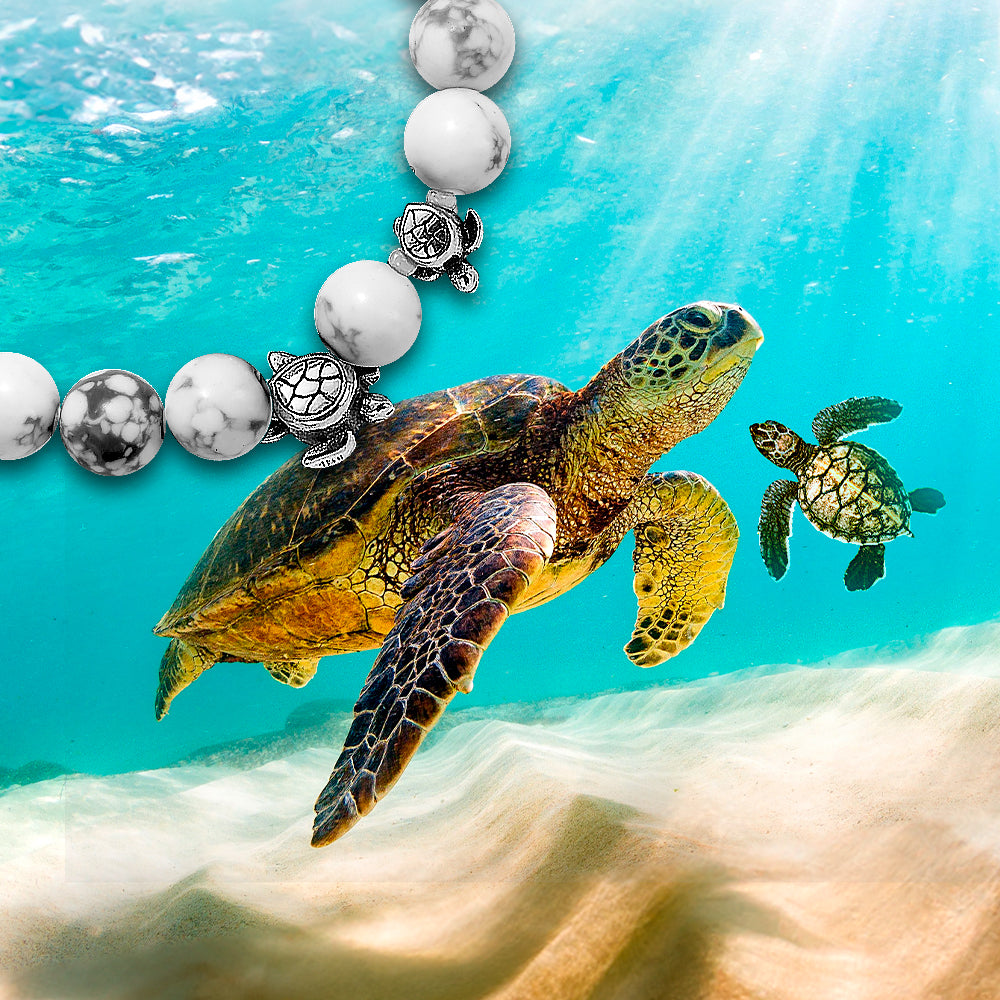
Sea Turtle
Sea turtles are considered free-range parents who leave their offspring to fend for themselves from the start. Mother turtles prepare for their offspring by choosing a good nesting site, building the nest carefully, and hiding the burrow.
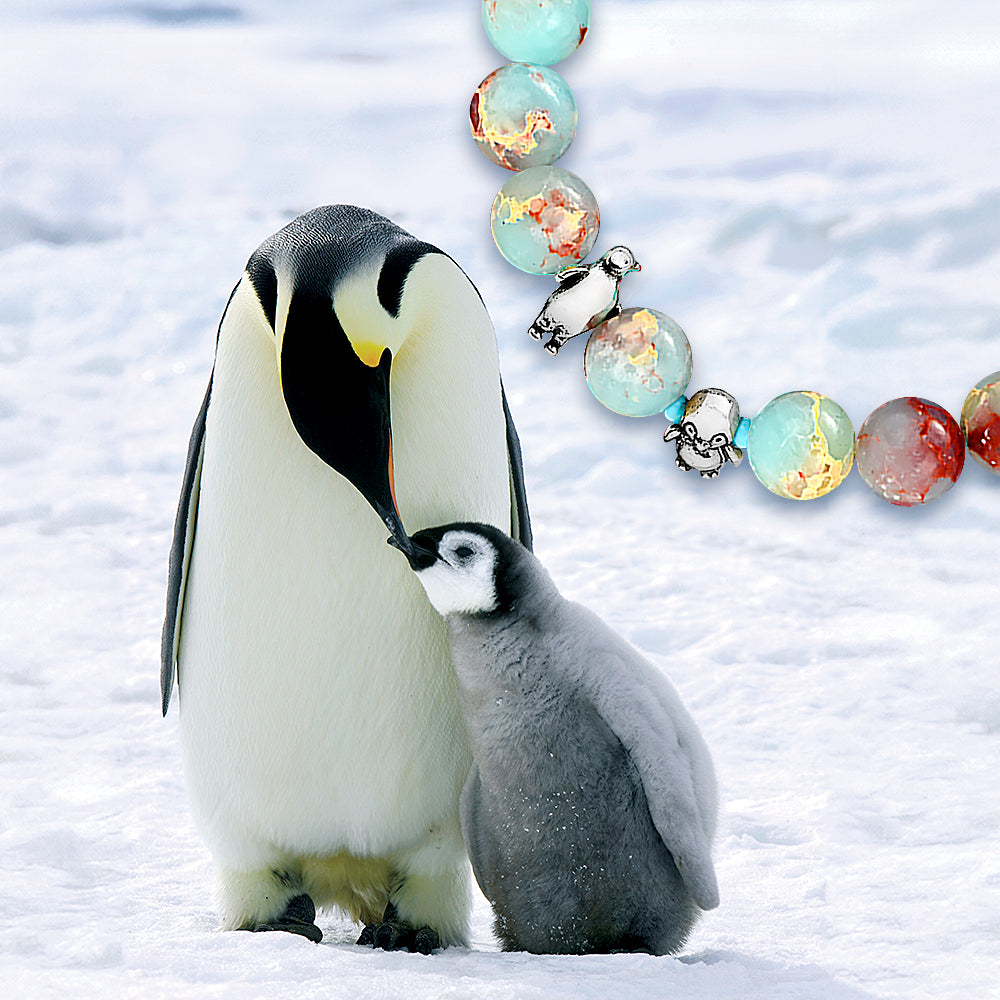
Penguin
Penguin parents are attentive and take turns caring for their chicks, which require a lot of care to survive. During the long Antarctic winter, the female lays a single egg that the male incubates for about 65 days.
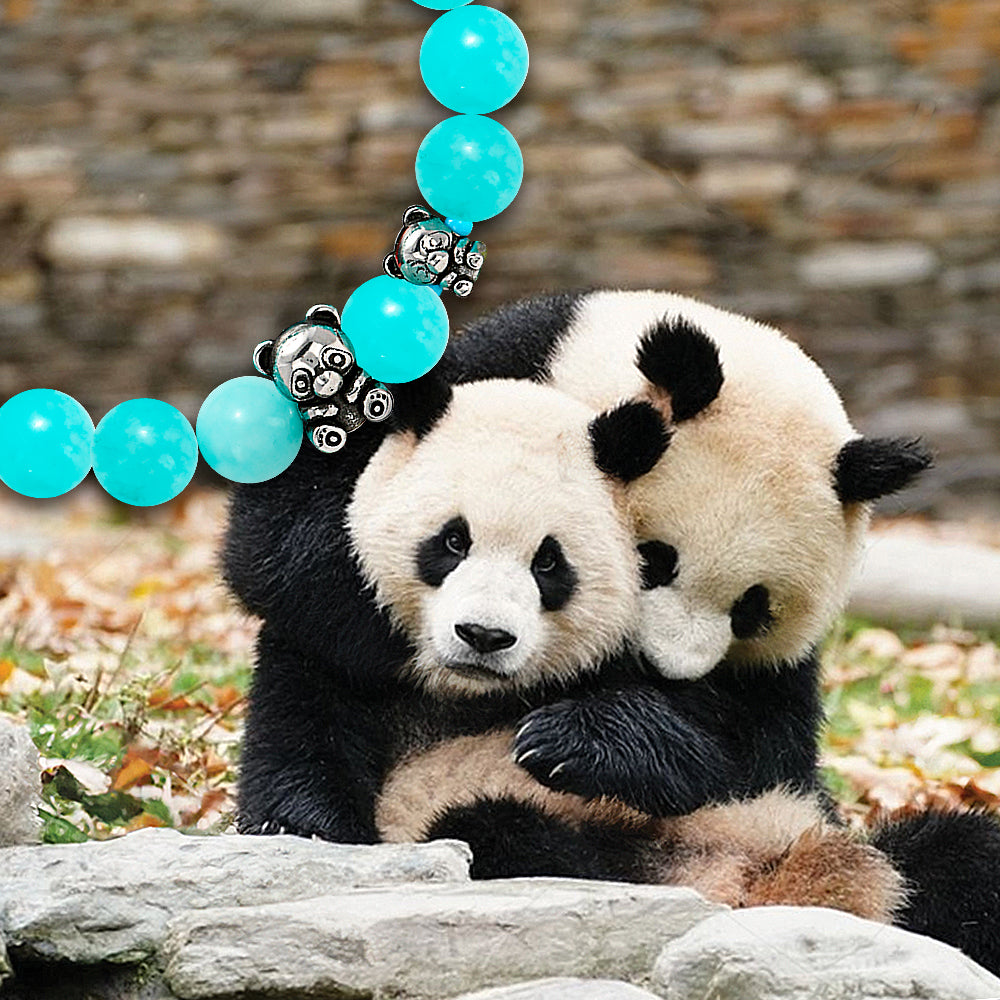
Panda
Mothers take their babies into their arms and hold them close to keep them warm and safe from predators. They also rub their babies' bellies to help them release urine and feces. If predators attack, mothers may bite them with their powerful jaws.
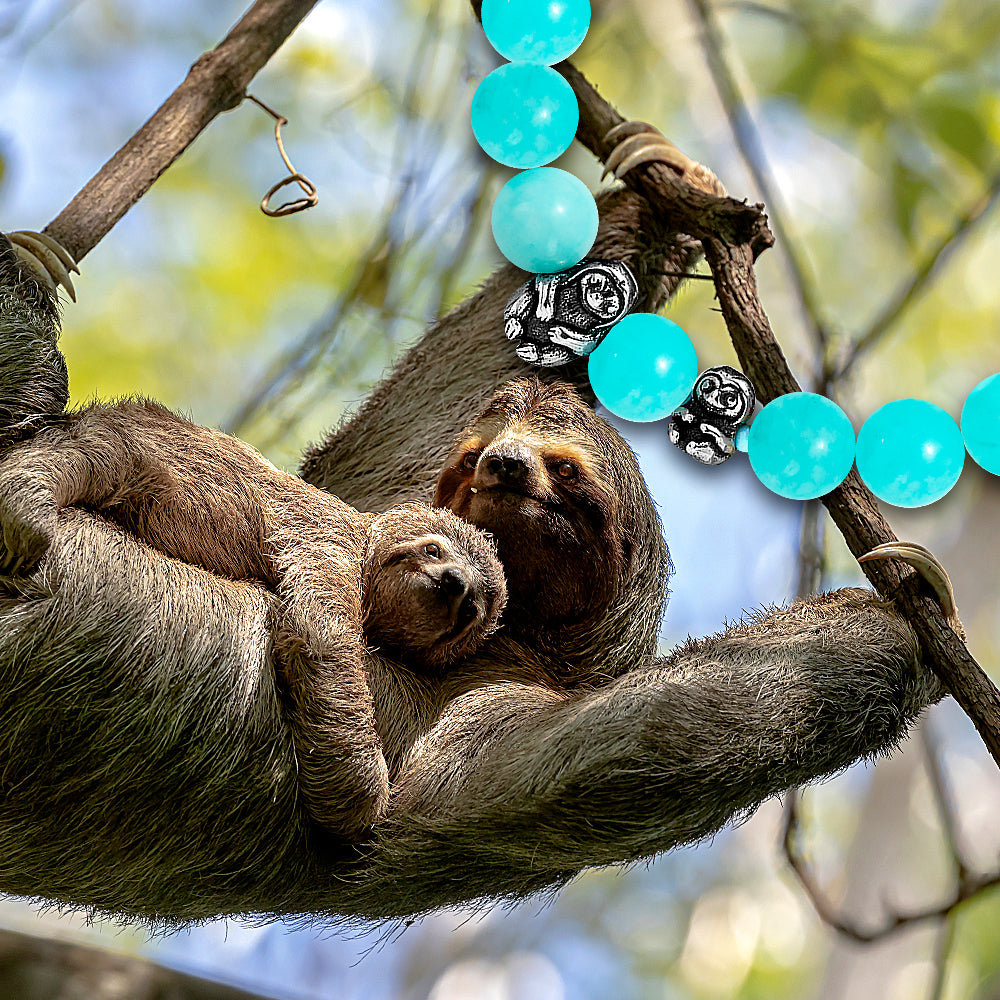
Sloth
The female sloth will spend up to 12 months of her life raising her baby alone. The baby clings to its mother's chest for approximately six months, regularly suckling small amounts of milk.
A portion of each sale is donated to wildlife conservation



